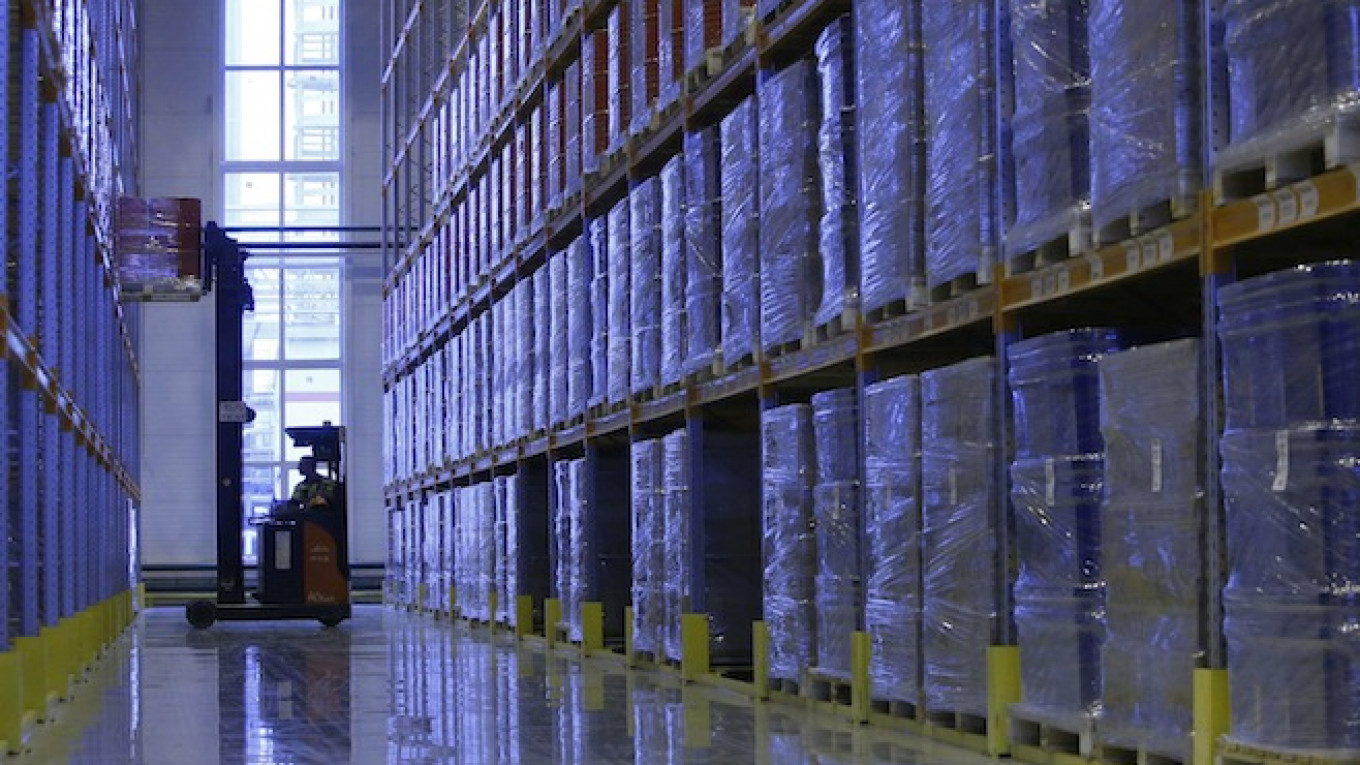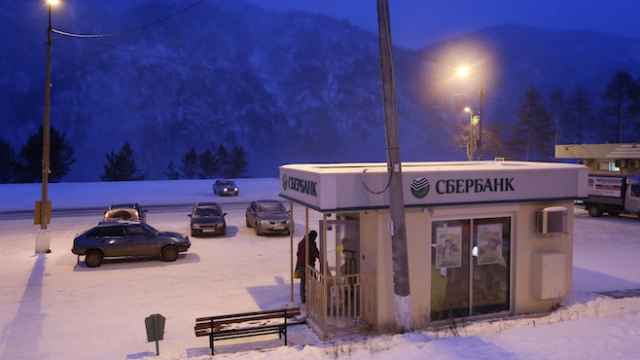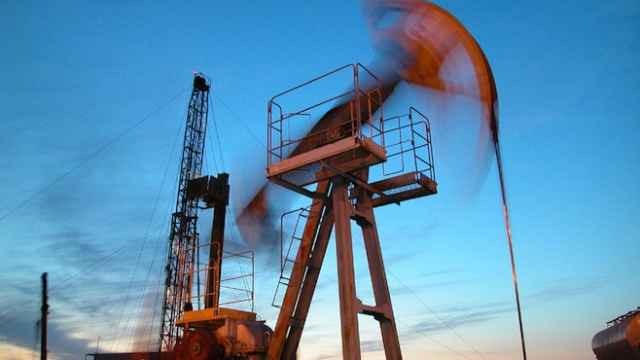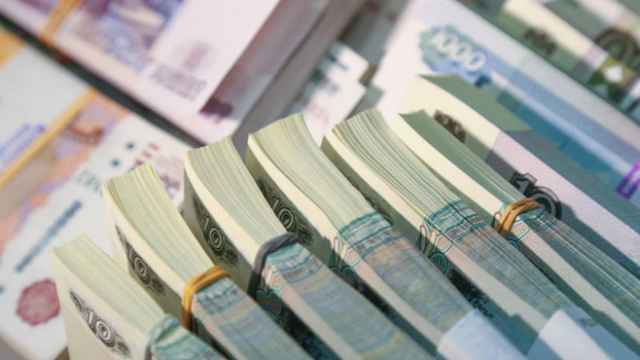Russian fuel exports to Europe could surge next year due to tax changes and a slump in domestic demand, stemming from a recession brought on in part by Western sanctions, analysts say.
More Russian diesel and gasoline exports heading to Europe would be another hard blow for the continent's struggling oil refiners.
In Russia, economic ills are converging with long-planned tax changes, approved by President Vladimir Putin last month, which will cut export tariffs for crude oil and top-quality oil products in the world's leading oil producer from Jan. 1, 2015.
"Demand growth was already fairly bad," said Wood Mackenzie analyst Richard Warner. "If the domestic economy falls apart, the decline in oil demand growth will radically worsen."
The increased exports will flood Europe with ultra-low-sulfur diesel and add to the gasoline surplus in the region, slamming European refinery margins.
Russia's domestic fuel consumption has been subdued this year due in part to a plunge in car sales, which fell by 12.7 percent in January-October. The decline slowed in November, thanks to government incentives for new vehicle purchases.
There has been no official forecast for car sales next year. Wood Mackenzie expects Russian oil product demand to shrink by about 2.1 percent in 2015 if there is only a moderate recession, as forecast by the Economic Development Ministry.
But refineries are expected to pump away regardless.
"We expect Russian crude throughputs to remain elevated in 2015, only slightly down from the post-Soviet highs posted in 2014, and oil product exports to remain robust," said Heitham Tolba of Wood Mackenzie.
"Completed investment projects and a possible slowdown in demand as a result of sanctions and a deteriorating economic outlook would further amplify oil product exports, most notably gasoline and diesel/gasoil, which we expect will rise."
Tax Maneuver
The tax changes were designed in 2011, setting off years of refinery investment, as part of a package of incentives to spur modernization of refineries, built mostly in the 1940s and 1970s. At that time a prosperous Russia was grappling with fuel shortages.
As a result refinery output grew by almost 45 percent from 2000 to 275 million tons per year in 2013, almost on a par with a peak reached in the mid-1980s when the Red Army needed fuel for its campaign in Afghanistan.
The growth in refinery production and quality continues, despite sanctions. According to the Energy Ministry, 19 new units are expected to be commissioned at Russian refineries in 2015 compared with eight in 2014.
"The tax maneuver provides the necessary incentives for refineries to complete the hydrocracking and other projects the government is pressuring them to complete," said Andrew Reed, an analyst from the U.S.-based ESAI Energy consultancy.
"Everything in Russia confirms that it will export lots more ultra-low-sulfur diesel and lots less straight-run fuel oil and VGO."
The decline in fuel oil and vacuum gasoil exports is a double blow for some European refineries, which use these products as feedstock when crude prices rise.
But the biggest hit across the sector in Europe will be the increase in diesel and gasoline exports, which will cut into the margins they can expect from their own production.
Consulting company EY, which advises the Energy Ministry on taxes, said the new taxation system and refinery modernization will lead to a rise in Russian diesel production to 33 percent of the domestic oil product basket by 2020, from 26 percent in 2013.
The gasoline share will rise to 18 percent, from 14 percent, while fuel oil will lose 13 percentage points, falling to 15 percent of refined products made in Russia. Last year Russia exported 70 million tons of fuel oil, 35.5 million tons of diesel and more than 10 million tons of naphtha and motor fuel.
Exports from Russia have been curbed by infrastructure constraints but its oil pipeline monopoly Transneft is now boosting diesel export capacity on the Sever ("North") project, which feeds into the Baltic port of Primorsk, by using pipelines initially designated for crude oil.
Transneft hopes to increase annual diesel exports from the port to 18 million tons by early 2017 from an expected 11 million tons in 2014.
Denis Borisov, director at EY's oil and gas center in Moscow, said he expected an upsurge in Russian light oil product exports by 2020, with diesel supplies rising by 17 million tons per year, and gasoline deliveries seen increasing by around 8 million tons.
However, he added, the exports could be curbed by falling oil prices and declining refining margins.
A Message from The Moscow Times:
Dear readers,
We are facing unprecedented challenges. Russia's Prosecutor General's Office has designated The Moscow Times as an "undesirable" organization, criminalizing our work and putting our staff at risk of prosecution. This follows our earlier unjust labeling as a "foreign agent."
These actions are direct attempts to silence independent journalism in Russia. The authorities claim our work "discredits the decisions of the Russian leadership." We see things differently: we strive to provide accurate, unbiased reporting on Russia.
We, the journalists of The Moscow Times, refuse to be silenced. But to continue our work, we need your help.
Your support, no matter how small, makes a world of difference. If you can, please support us monthly starting from just $2. It's quick to set up, and every contribution makes a significant impact.
By supporting The Moscow Times, you're defending open, independent journalism in the face of repression. Thank you for standing with us.
Remind me later.






